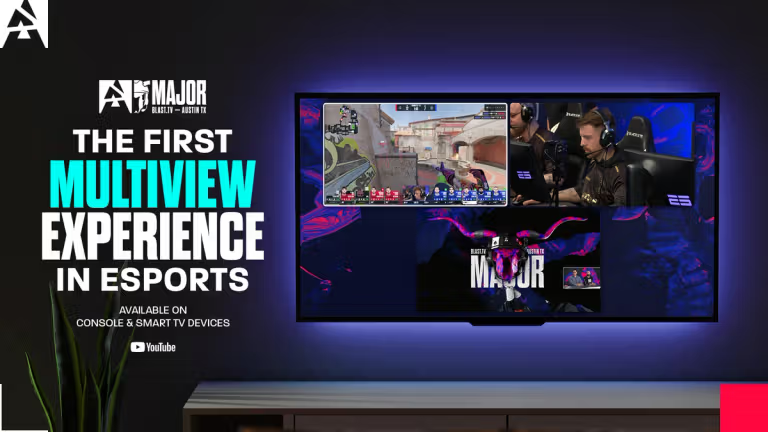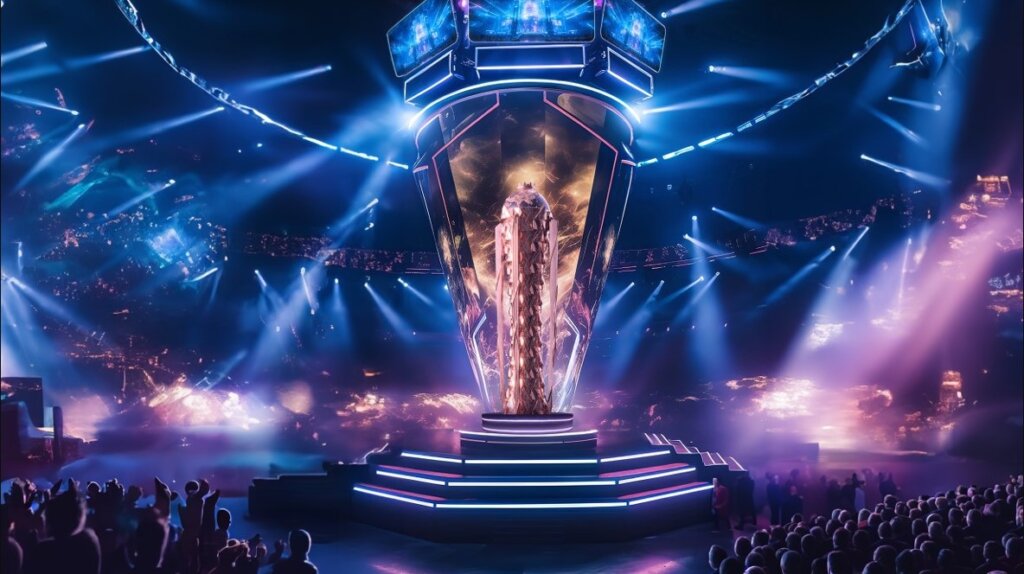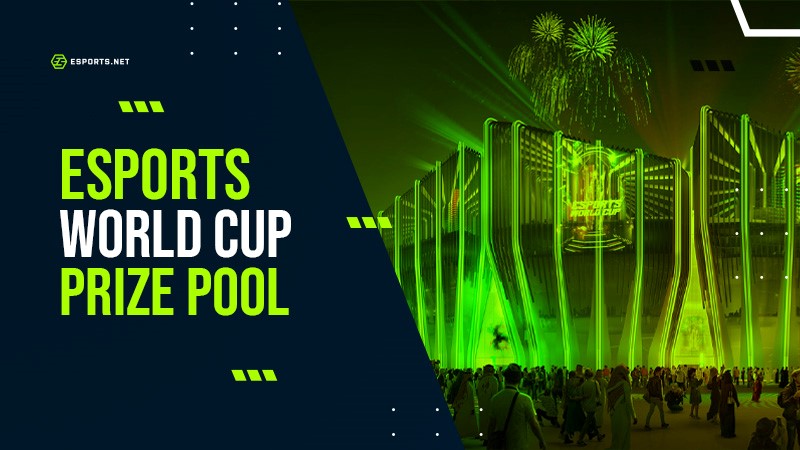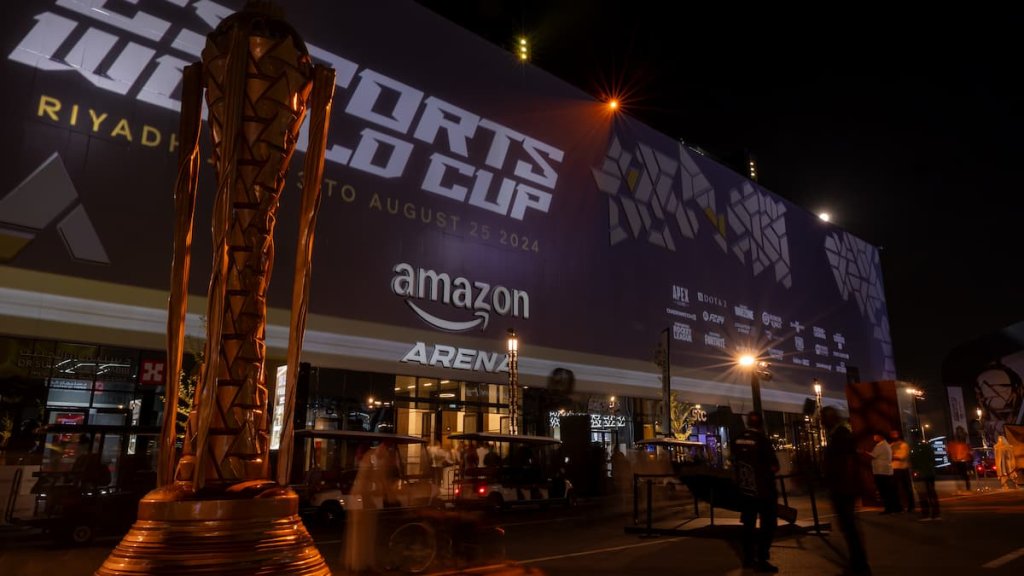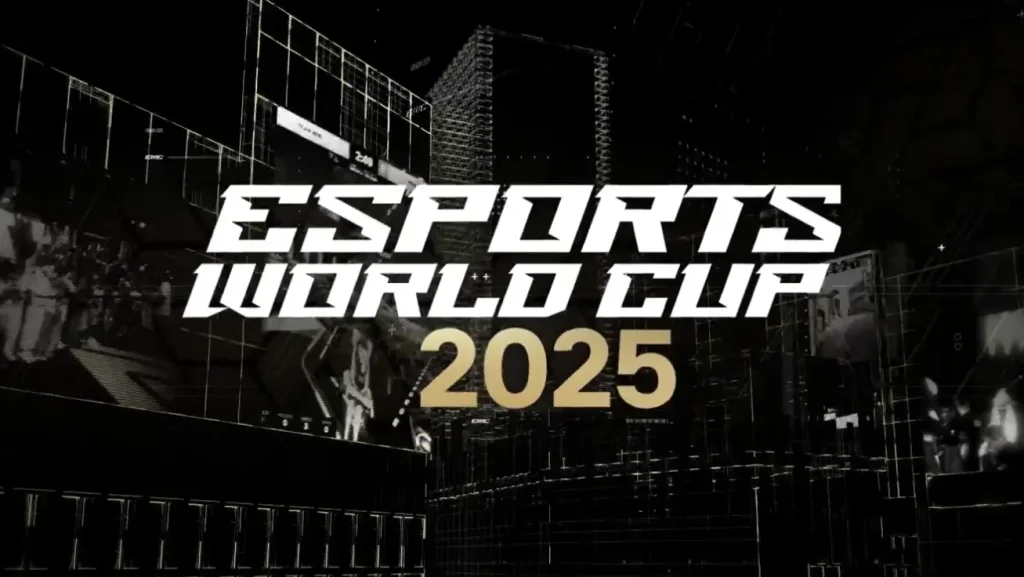
ESL One sponsor DHL wants to target younger audiences
With esports being the billion dollar industry that it already is, it’s no surprise to find that new companies, even ones not generally involved in esports, are interested in sponsoring teams and esports leagues.
One such company has joined the proverbial fray a little while ago – DHL. The company sponsors the esports organizer ESL or Electronic Sports League, and it has a very specific goal – fostering interest in esports in younger consumers. To this end, they partnered with the ESL this May.

© DHL | CNBC
In traditional sports, it’s not unusual for companies not at all associated with sports to sponsor a football team for example – in part for image, and in part for the revenue increases. The same applies to esports as well.
Arjan Sissing, the senior vice president of package delivery company DHL has a very specific vision and intention for this new partnership. “We’re bringing parcels and pieces from A to B and nothing else. And in the end, it is really the emotional connection we need to make.” While it may seem a little odd to think that a package company would make business decisions based on that, but given their target audience, it’s not so outrageous after all.
It’s the ever-elusive millennials that DHL is targeting with their ESL partnership. “When you really see the whole growth of esports in connection to the old, let’s call it ‘classical’ platforms, for us it is a really nice fit, in order to not only get younger but also different target groups.” It’s certainly an interesting technique, and given the unique nature of the millennial generation, it’s hardly a bad idea.
Despite making their intentions clear, the company declined to comment on the actual duration and price of their sponsorship. While no numbers were revealed, Sissing has said that DHL is looking for ‘trustful longevity’.
That definitely suggests a longer-term partnership, though it will likely also depend on just how well the DHL’s intentions work out. If the general esports revenue numbers are anything to go by, DHL could have hit it big.
Roughly 380 million people have watched esports in the past year, a number that is all but supposed to double in the next four years. Already, the number of people that watch esports in the world is higher than the entire population of the US – when it comes to revenue, numbers from research company Newzoo suggest that the entire esports industry is worth about $130 billion per year.
At the moment, 68% of the esports audience are male. DHL also wants to promote esports to a larger female audience on top of aiming for younger fans. Sissing says his company did not choose esports as a platform because of this gender bias, but rather despite it, given the lack of similarly-sized platform with a female gender bias.
Given the ongoing efforts of the esports industry itself to promote gender-equality, hopefully inroads in that department will be made in the near future, allowing for a more equal and perhaps even gender-blind esports world.
